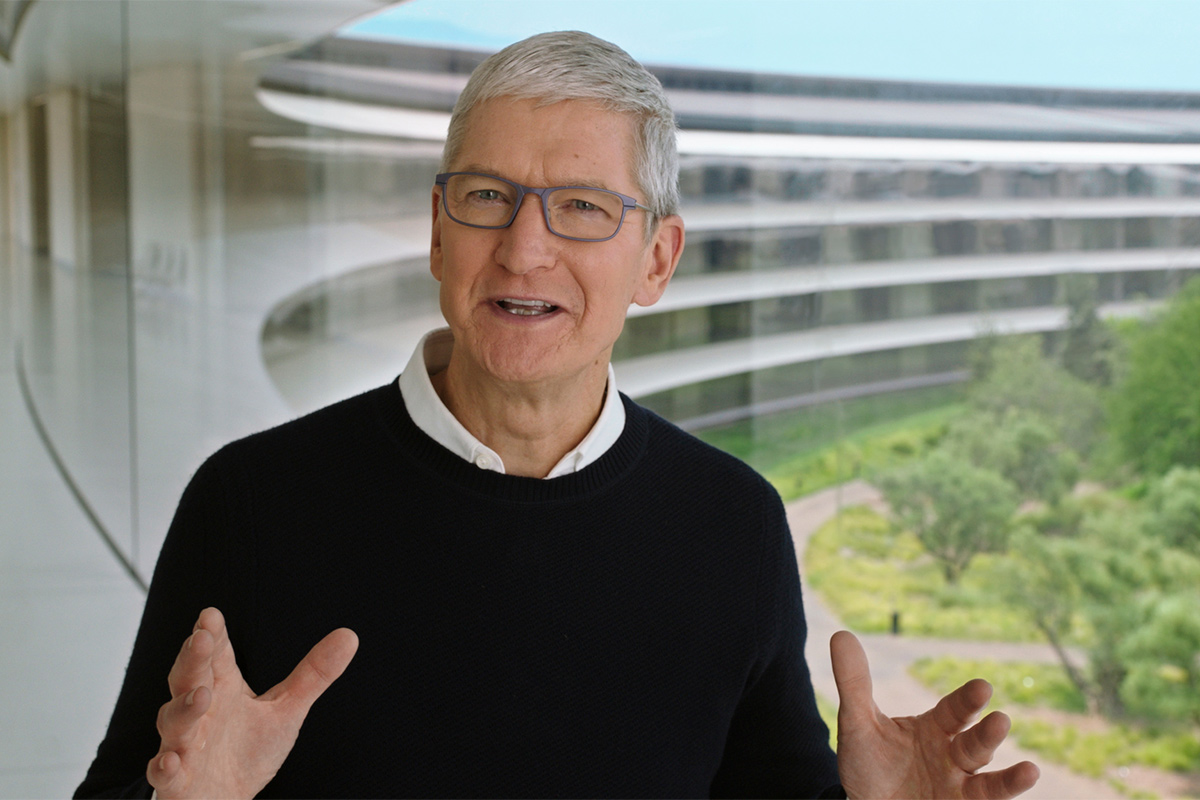Mobile broadband market in Asia-Pacific to reach $296 billion in 2029
It will mainly be driven by the growing availability and adoption of 5G services across several countries, according to GlobalData, a leading data and analytics company
The teams have created custom silicon, delivering greater performance and better efficiency for iPhone, iPad, Apple Watch, and Mac with the M1 chip.

"I couldn't be more excited for everything our Munich engineering teams will discover," said Cook. (Photo: AFP)
Apple will invest $1.2 billion in Munich, Germany to create 5G and future wireless technologies through the seamless integration of hardware and software engineering, the tech giant said on Thursday.
The company will also make Munich its European Silicon Design Center, adding hundreds of new employees and a new state-of-the-art facility focused on connectivity and wireless technologies.
“I couldn’t be more excited for everything our Munich engineering teams will discover — from exploring the new frontiers of 5G technology, to a new generation of technologies that bring power, speed, and connectivity to the world,” said Apple CEO Tim Cook.
Advertisement
The teams have created custom silicon, delivering greater performance and better efficiency for iPhone, iPad, Apple Watch, and Mac with the M1 chip.
Munich is already Apple’s largest engineering hub in Europe, with close to 1,500 engineers from 40 countries working in a variety of areas including power management design, application processors, and wireless technologies.
Over the past decade, Apple’s innovation in energy efficiency has reduced average product energy use by over 70 per cent.
The new facility will be home to Apple’s growing cellular unit, and Europe’s largest R&D site for mobile wireless semiconductors and software.
In the past five years, Apple said it has spent over 15 billion euros with more than 700 companies of all sizes across Germany. This includes the chip manufacturer Infineon, battery company Varta, and the family-owned chemical company DELO.
Advertisement